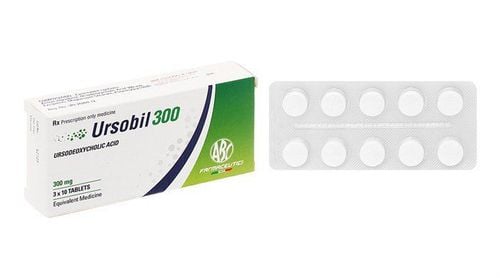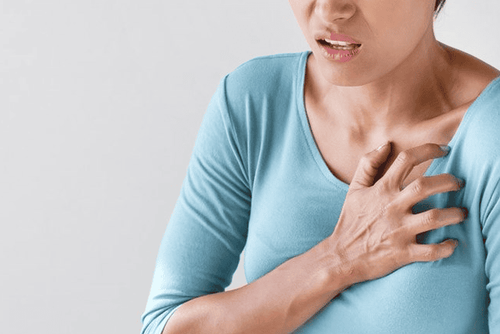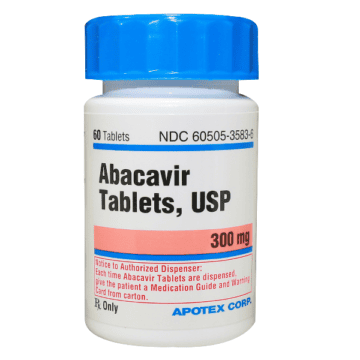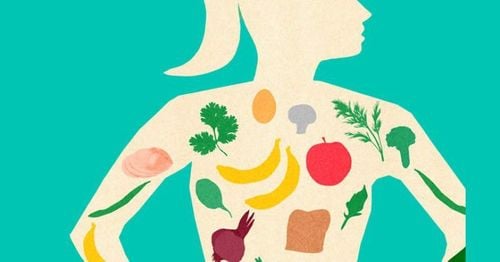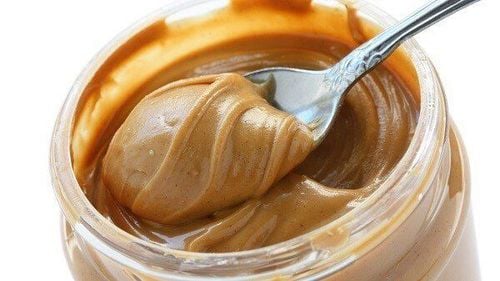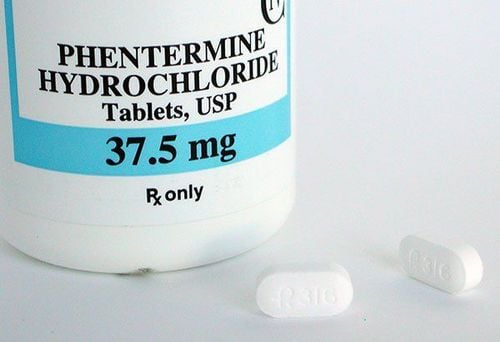This is an automatically translated article.
Depression can affect the patient's eating habits. Some people with depression tend to overeat and gain weight, while others have anorexia because they are too tired to prepare meals or lose their appetite.
1. How does depression affect eating habits?
1.1. Overeating People with depression often use food to improve or avoid negative or uncomfortable feelings such as sadness, shame,...
Many people prefer foods that contain carbohydrates or use real foods. comfortable products such as ice cream, cake, ... when they are depressed. One reason for this is that foods high in carbohydrates and sugar increase levels of serotonin, a brain chemical that improves mood.
In the short term, eating foods high in sugar and fat can make someone with depression feel calmer. But in the long run, a regular, laid-back diet can lead to weight gain and an increased risk of heart disease, diabetes, and other serious health problems.
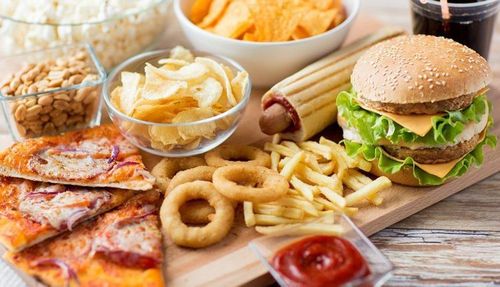
Ăn thực phẩm chứa nhiều đường và chất béo có thể giúp cơ thể bình tĩnh hơn
1.2. Eating too little Many people with depression experience a decreased appetite. If this condition does not improve, after a while the patient will unintentionally lose weight.
People with depression may feel like they have no motivation or energy to eat. In addition, stress may play a role in reducing the appetite of patients with depression. Food is no longer appealing when we are anxious or feel hopeless.
But when patients do not eat enough can make them become more irritable and sensitive. This can aggravate the patient's depression.
1.3. Eat whatever's available Shopping and preparing healthy meals can seem daunting when we're feeling depressed and lacking in energy. As a result, we have access to foods that are convenient but not very nutritious and without variety in our diets.
People with depression often eat fast food or whatever they have, like the last box of cookies they had. Depressed patients are also easily addicted to eating the same foods all the time. They don't seem to want to try anything different.
People with depression often have difficulty with concentration, memory and decision making. This can make simple tasks seem overwhelming for them. So depressed patients can eat a bowl of cereal of the same type throughout the day.

Người bị trầm cảm thường sử dụng đồ ăn nhanh hoặc những gì có sẵn
2. Signs that people with depression eat too much
One of the signs of binge eating when depressed is compulsive overeating when they never feel satisfied. This is especially true if the patient is eating for emotional relief, as opposed to eating out of hunger.
Signs of binge eating when depressed are:
Difficulty stopping eating. Eat many times and quickly. Eat even when full. Never feel satisfied. Feeling numb, emotionally distant, or lethargic when eating. Feeling guilty, depressed, or disgusted after overeating.
3. How to change eating habits when depressed?
Patients with depression should seek treatment for their depression before attempting to change their eating habits. Because trying to go on a diet can be frustrating and counterproductive if depression isn't addressed first.
If someone has symptoms of depression for more than two weeks and the condition is interfering with normal functioning, see a doctor right away. People with depression need to talk to their doctor about changes in their weight or appetite. Treatment for depression often includes psychotherapy, antidepressants, or a combination of both.
After the patient feels better and treatment begins, they can then make food choices to change their diet as directed by their doctor or dietitian.

Nên tới gặp chuyên gia dinh dưỡng để được tư vấn chế độ ăn uống khoa học
When depression begins to improve, here are some things you can do to help you avoid the effects of depression with your diet:
Soothe the senses: the person can find other ways to comfort body in addition to using food. For example, taking a warm bath, wrapping yourself in a soft blanket or sipping hot tea, etc. Hunger regulation: when the patient thinks he or she feels hungry, it is necessary to stop and ask yourself if you are really hungry or feeling hungry. see something else? They may then find that what they are really craving isn't food but talking to a friend or loved one. Eat a varied diet: Nutritional deficiencies can make depression worse. That's why it's important to focus on eating a variety of foods, including whole grains, vegetables, fruits, meats, and low-fat dairy products. People with depression may consider seeing a dietitian to come up with simple, well-balanced meal plans. Boost energy: people with depression can participate in energizing activities such as walking, listening to music, playing with pets. When people do these things that improve their mood, they eat less and make better food choices. Thus, binge eating when depressed is a way for patients to improve or avoid the negative feelings they are experiencing. However, there are also people with depression who have anorexia. Both of these conditions are not good for the patient's health, requiring a combination of depression treatment and appropriate dietary changes.
The Psychology Department at Vinmec International General Hospital has the role of professional diagnosis and treatment of human psychological problems, including depression. The specialty has a team of well-trained, experienced and qualified psychologists, and a system of modern and international-standard equipment for high diagnostic and treatment efficiency.
To visit and treat at Vinmec, please go directly to Vinmec health system or register online HERE.
Reference source: webmd.com; healthline.com




